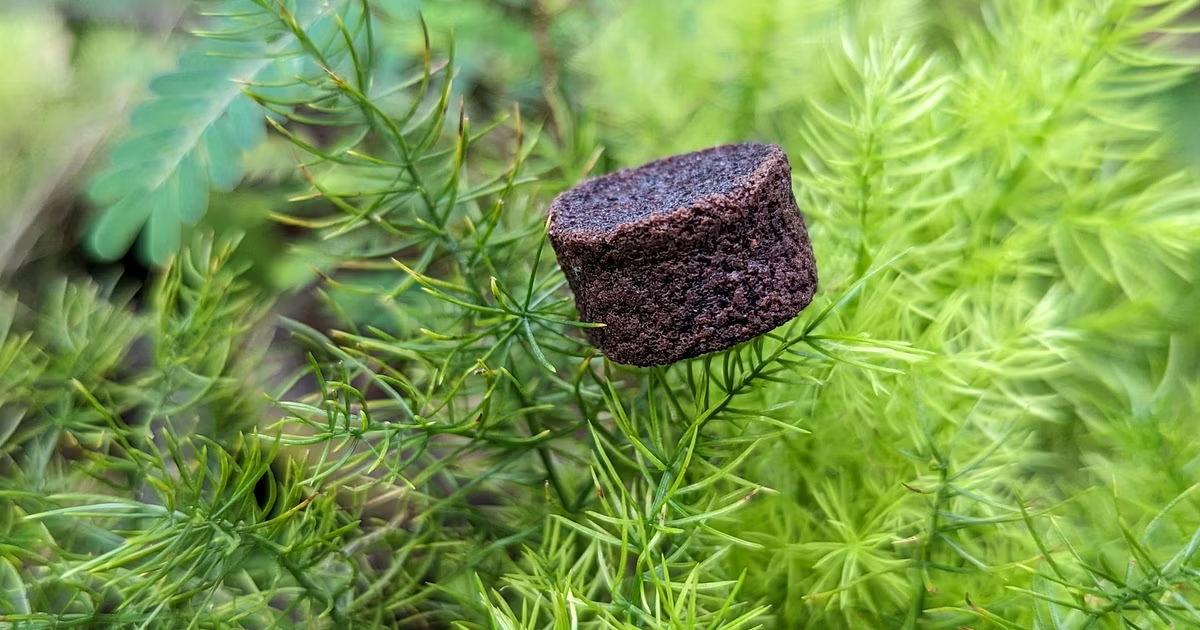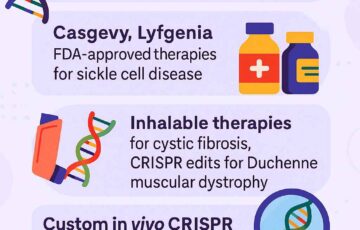IISC’S BIODEGRADABLE FOAM: TRANSFORMING PACKAGING FOR SUSTAINABILITY
Why in the news?
IISc’s new biodegradable foam offers an eco-friendly alternative to plastic packaging, addressing environmental concerns and revolutionising the packaging industry with its recyclable, non-toxic properties.
Introduction to a Biodegradable Innovation:
- Researchers at the Indian Institute of Science (IISc) have developed a biodegradable foam aimed at replacing conventional plastic packaging in the FMCG sector.
- Made from FDA-approved non-edible oils and hardeners derived from tea leaves, the foam provides a sustainable alternative to harmful materials like expanded polystyrene (EPS) and polyurethane foams.
- This eco-friendly foam safely disintegrates within three hours in eco-friendly solvents at 80°C, posing no risk of groundwater contamination.
Unique Properties for Enhanced Recyclability
- The foam’s dynamic covalent bonds in its molecular structure allow it to break and reform under external stimuli.
- These bonds enable the material to be reprocessed or dissolved without compromising structural strength, making it recyclable.
- With this feature, IISc’s foam addresses one of the largest issues in plastic waste recycling by providing a viable reprocessing solution
Impact on Industry and Environment
- The biodegradable foam holds significant potential in the Indian foam market, currently valued at $7.9 billion and projected to reach $11.1 billion by 2032.
- Given that less than 1% of the 3 million tonnes of foam produced globally is recycled, this innovation could greatly reduce landfill waste.
- This sustainable material supports global environmental goals, giving industries a path toward reducing plastic waste and fostering environmental responsibility in packaging practices.

 source:deccanherald
source:deccanherald


